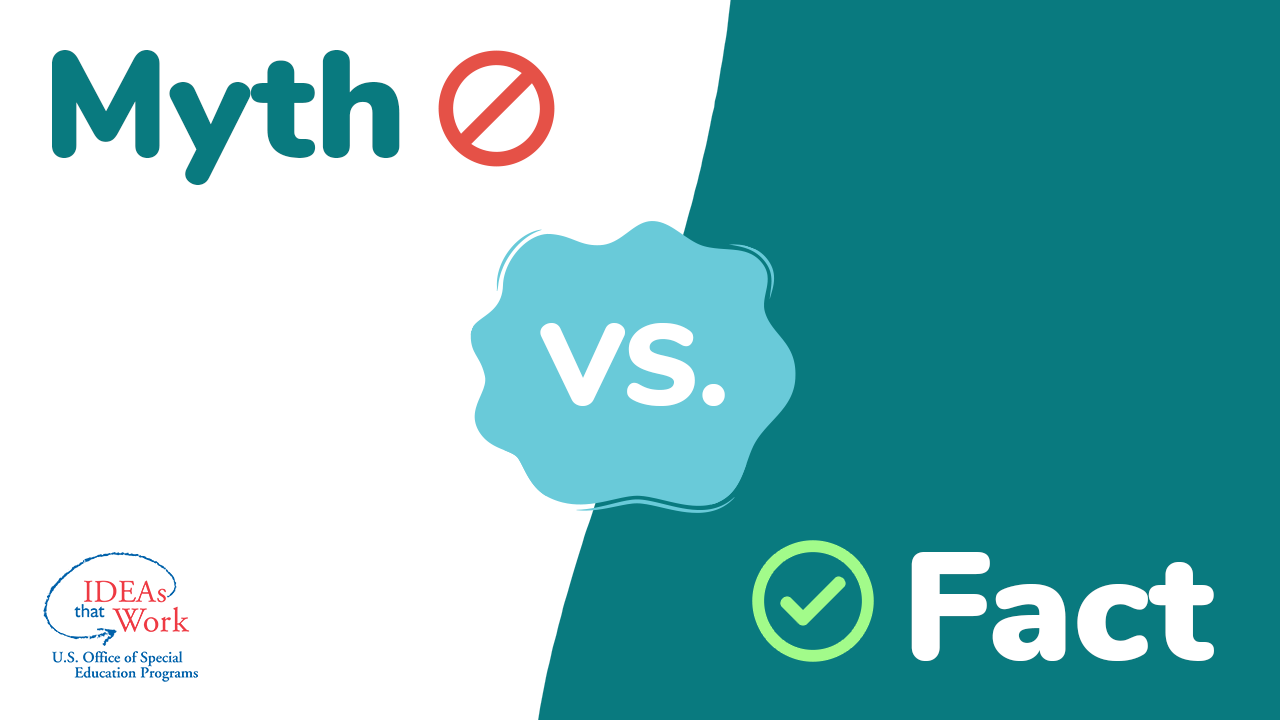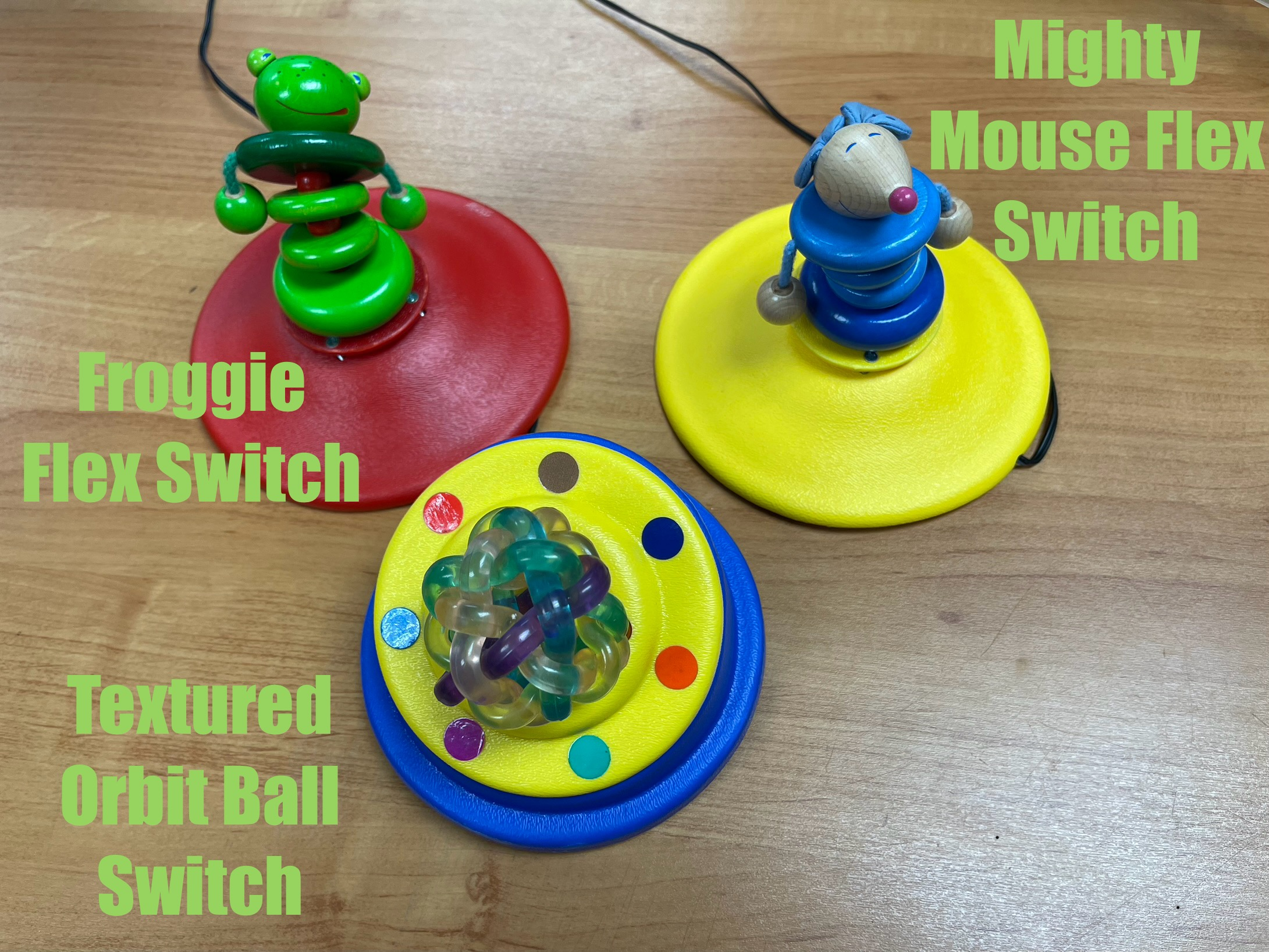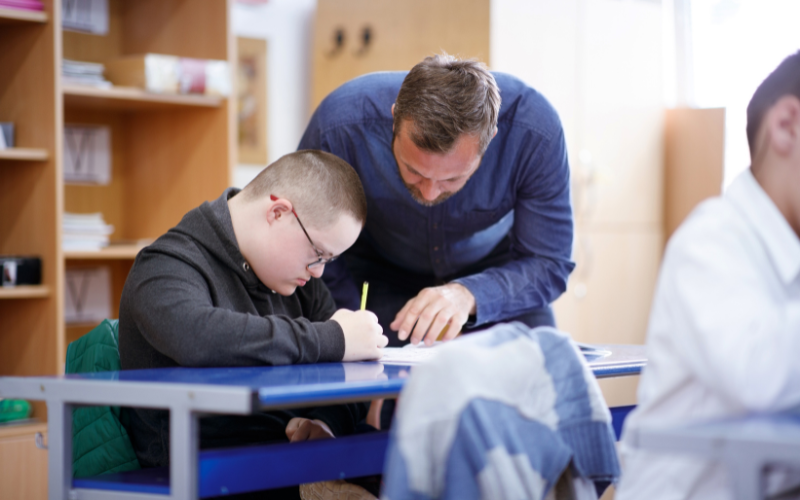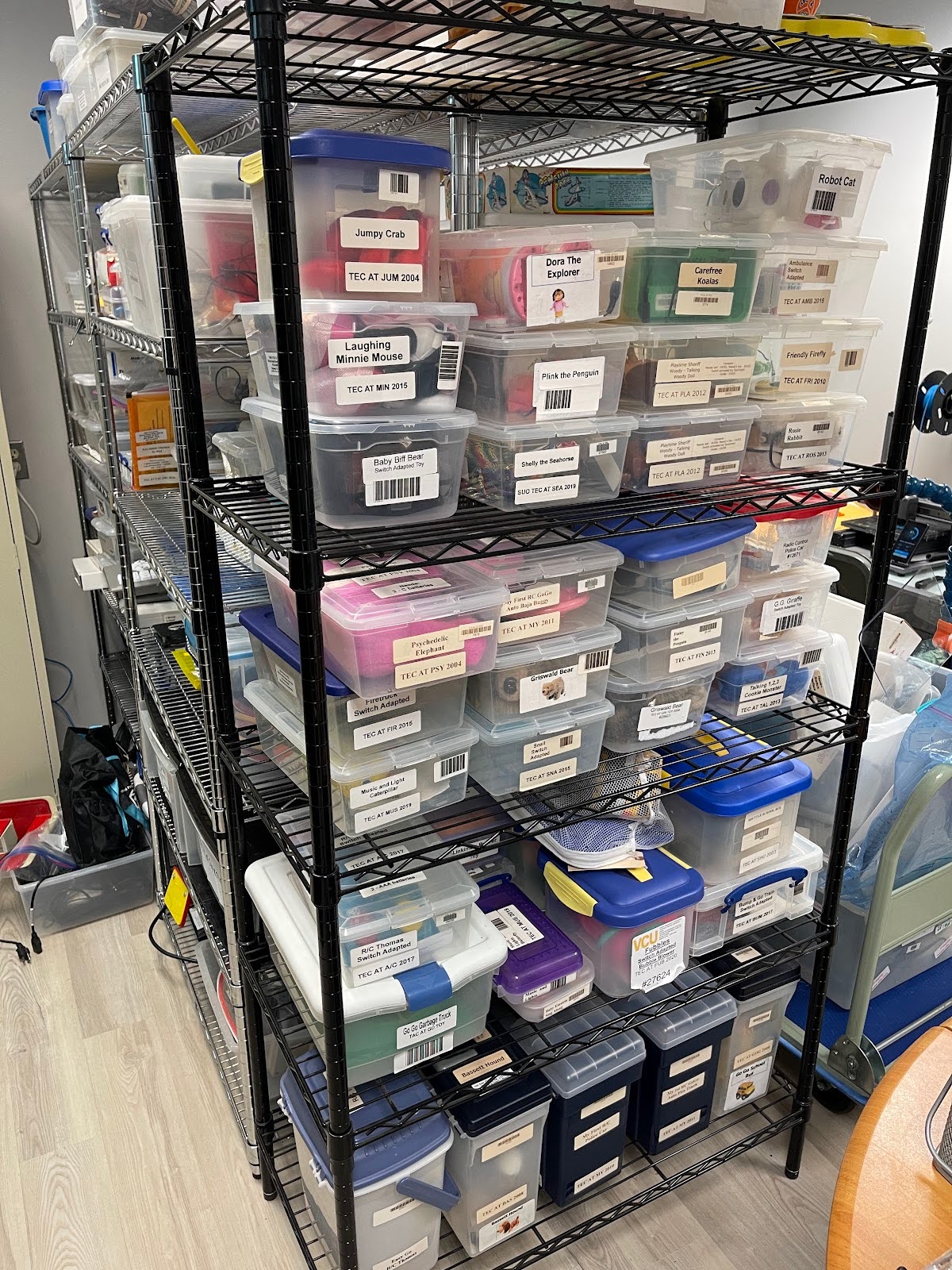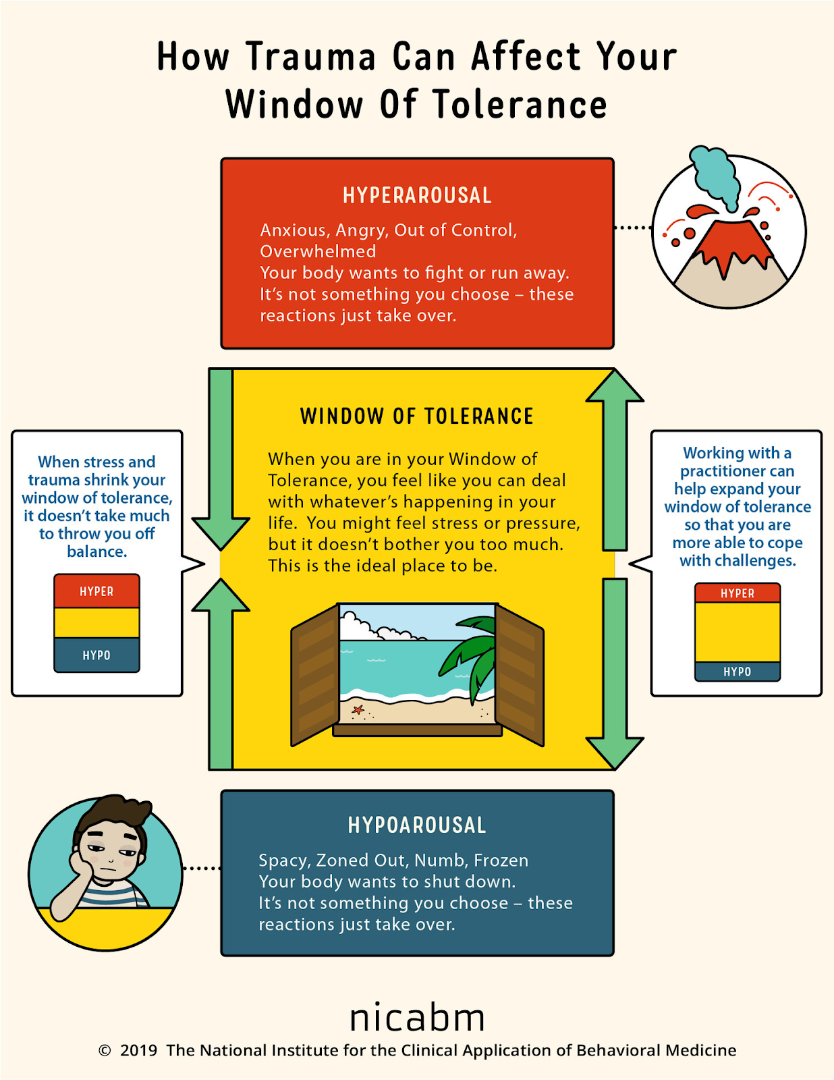Myths and facts about assistive technology: New guidance
Assistive technology (AT) offers a multitude of benefits across all age groups by fostering independence, supporting inclusion, facilitating friendships, and leading to improved overall quality of life. For young children, it facilitates opportunities for play, learning, friendships, and development by providing tailored educational tools, enhancing communication skills through augmentative and alternative communication, and enabling access […]
Learn by listening: Explore the world of podcasts
Are you looking for an easy and accessible way to learn new information and hear people talk about practices they are implementing to help students be successful? Listen to a podcast! Podcasts are audio recordings typically played on demand on your smartphone or computer (Prince, B.F., 2020; Tobin & Guadagno, 2022). The number of people […]
Switch it up! Check out these awesome switches in the AT lab
Pedal switches, Makey Makey, and Bluetooth OH MY! The Assistive Technology lab has a variety of switches available for school and early intervention teams to check out. Pair them with any switch-activated device, and your students will be ecstatically able to interact with their environment. Are you looking for something that will give a sensory […]
Be a light for yourself and others
Teachers and leaders continue to rebuild many aspects of the academic experience following the pandemic. Many of them can benefit from strategies to combat stress during the instructional day. In 2021, Elizabeth Steiner and Ashley Woo reported findings on teacher job stress. The results indicated that 78 percent of teachers experienced frequent job-related stress and […]
Decide, act, believe! Promoting self-determination for students
Soft skills such as navigating interpersonal relationships, time management, problem-solving, and decision-making are essential for all students. These skills are part of self-determination, “acting or causing things to happen as a person sets and works toward goals in their life” (Raley et al., 2023, p.403). Self-determination predicts positive classroom and post-school outcomes and improves access […]
Challenging behaviors in the classroom
Working with students that exhibit challenging behaviors in the classroom is something that almost all teachers will face at some point in their career. Recent research indicates that more than 70% of teachers report an increase in disruptive behaviors in the classroom since 2019 (Prothero, 2023). Additionally, 78% of teachers in another recent survey identified […]
The Assistive Technology Lab is open for business
We’re back! The Assistive Technology (AT) lab is now open in our new location on Staples Mill Road in Richmond; parking is free. As always, we have many devices that can be checked out to school teams in Regions 1 and 8. The device categories include Augmentative and Alternative Communication, play, leisure activities, computer access, […]
Mid-year stress and mental wellness of students and staff
It is December, and many schools have been in session since August. As the school year moves toward the winter break, many students and teachers experience a mid-year slump as enthusiasm and focus begin to wane. What might contribute to these feelings? How can these challenges be eased and the new year be started with […]
Scaffolding for impactful instruction
Explicit Instruction features a continuum of supports, or scaffolds, where students are guided through the learning process while the responsibility for learning is gradually released from the teacher to the students. Although the concept of scaffolding hearkens back to 1976, (Puntambekar, 2022), Douglas Fisher and Nancy Frey (2023) continue to find the concept of scaffolding […]
The importance of shared reading
Once upon a time, back in 1985, a document titled, “Becoming a Nation of Readers: The Report of the Commission on Reading” was published. The purpose of this document was to review and analyze the wealth of research about reading and the established process of teaching reading. From this report, the authors indicated that “the […]
